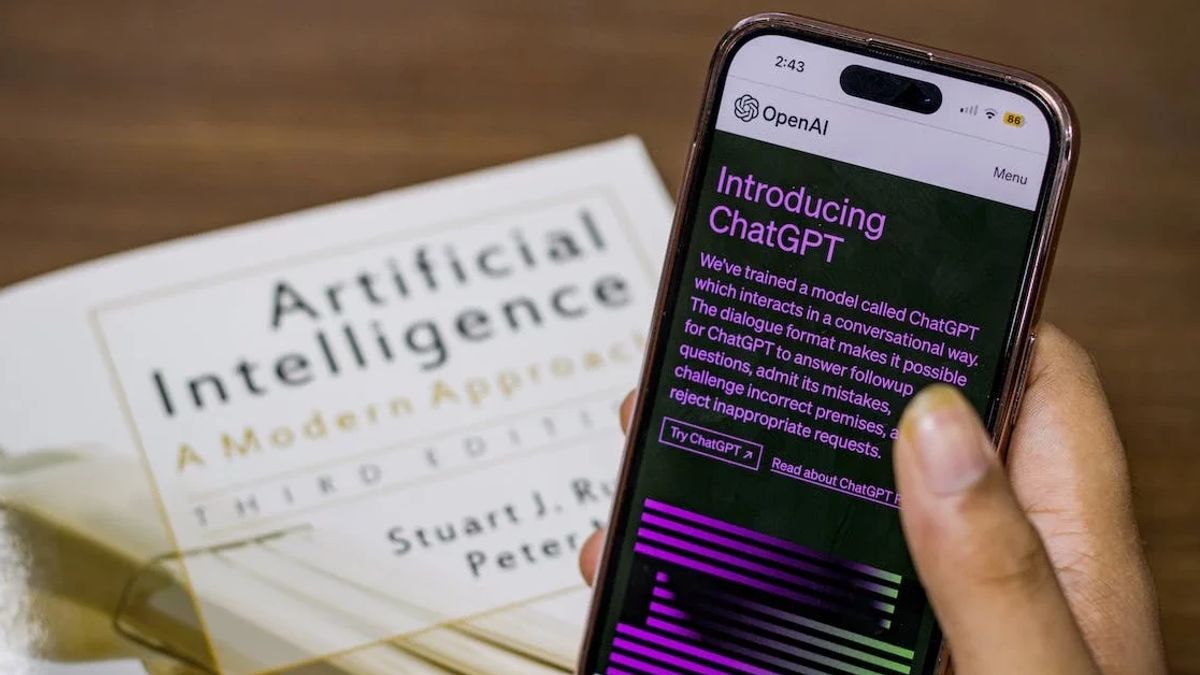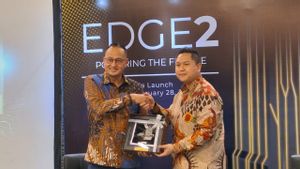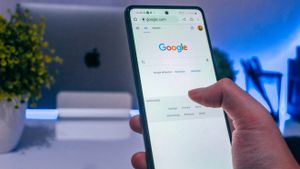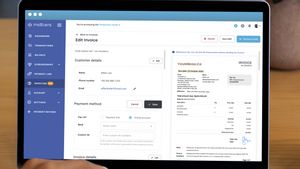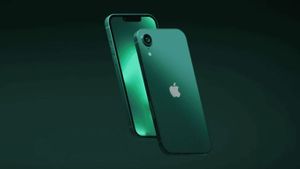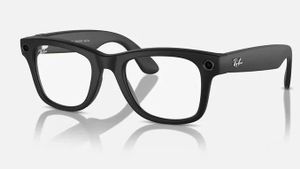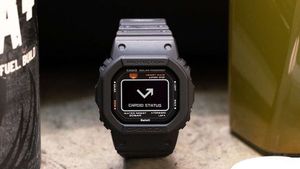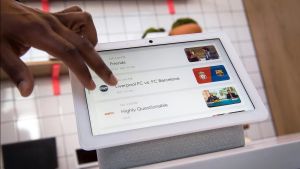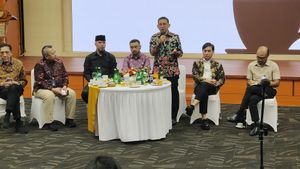JAKARTA - OpenAI has asked a federal judge to dismiss part of the copyright lawsuit filed by the New York Times. They argued that the newspaper "hacked" chatbot ChatGPT and other artificial intelligence systems to produce misleading evidence for the case.
In a filing at Manhattan federal court on Monday, February 26, OpenAI stated that the Times caused the technology to produce its material through "misleading requests that clearly violate OpenAI's terms of use."
"The statement in the Times' lawsuit does not meet its well-known journalistic standards," OpenAI said. "The truth, which will be revealed in the process of this case, is that the Times pays someone to hack OpenAI products."
OpenAI did not mention the "armist" the Times said was used to manipulate its system and did not accuse the newspaper of violating anti-coupling laws.
"What OpenAI incorrectly describes as 'hacking' is only using OpenAI products to find evidence that they are stealing and reproducing The Times' copyrighted work," the newspaper's lawyer, Ian Crosby, said in a statement on Tuesday, February 27.
OpenAI representatives did not immediately respond to requests for comment regarding the lawsuit.
The Times sued OpenAI and its biggest financial contributor, Microsoft, in December 2023, accusing them of using millions of articles without permission to train chatbots to provide user information.
The Times are among several copyright owners who have sued tech companies for alleged abuse of their works in AI training, including groups of writers, visual artists, and music publishers.
Tech companies have said that their AI system uses copyrighted material fairly and that the lawsuit threatens the growth of a potential trillions of dollars in industry.
To date, courts have not addressed a key question as to whether AI training qualifies as fair use under copyright law. So far, judges have rejected several copyright infringement claims over the results of a generative AI system based on the lack of evidence that content created by AI resembles copyrighted work.
The New York Times lawsuit cites several examples in which OpenAI and Microsoft chatbots gave users a nearly verbatic quote from their articles when asked. The lawsuit accuses OpenAI and Microsoft of trying to "go on a big Times investment in its journalism" and making a replacement for the newspaper.
SEE ALSO:
OpenAI said in its filing that "tens of thousands of attempts were needed for the Times to produce very strange results."
"In normal circumstances, a person cannot use ChatGPT to present Times articles at any time," said OpenAI.
OpenAI's lawsuit also says that other AI companies will ultimately win their cases based on fair use questions.
"Times cannot prevent AI models from gaining knowledge of the facts, more than any other news organization can prevent the Times itself from re-reporting stories that have no role in the investigation," OpenAI said.
The English, Chinese, Japanese, Arabic, and French versions are automatically generated by the AI. So there may still be inaccuracies in translating, please always see Indonesian as our main language. (system supported by DigitalSiber.id)
